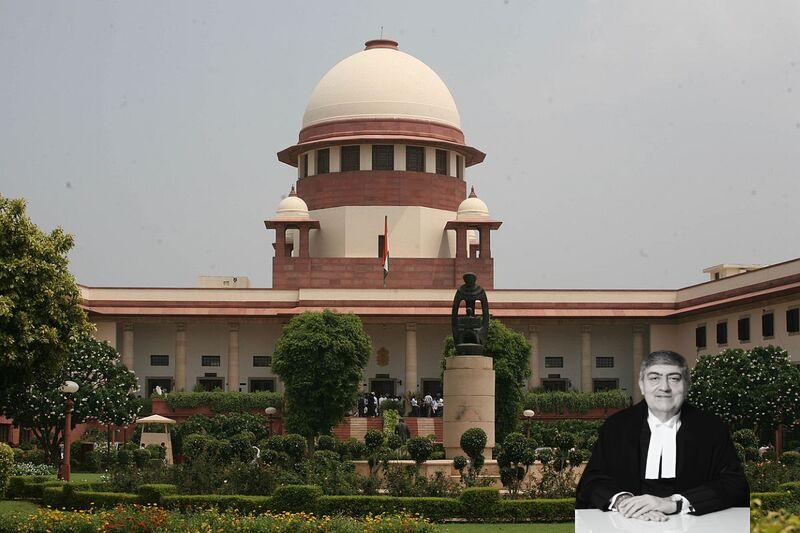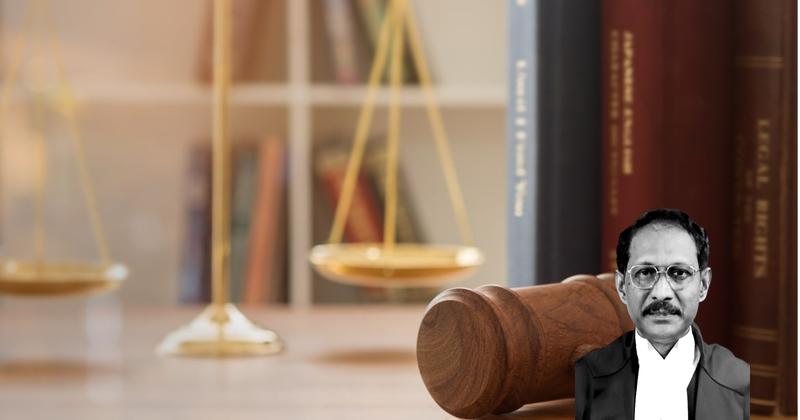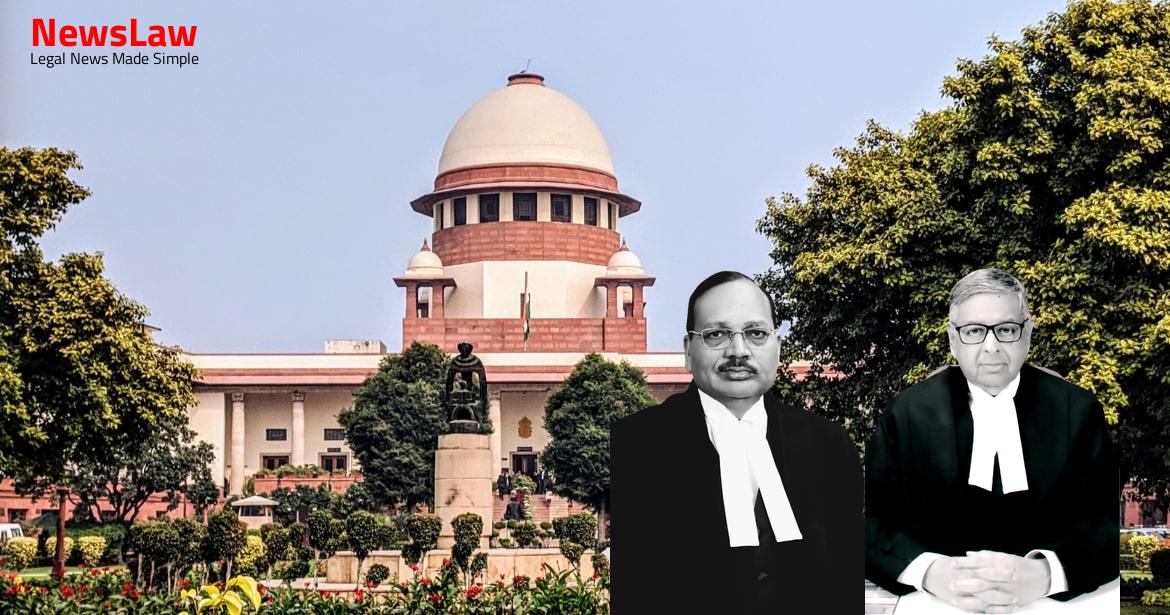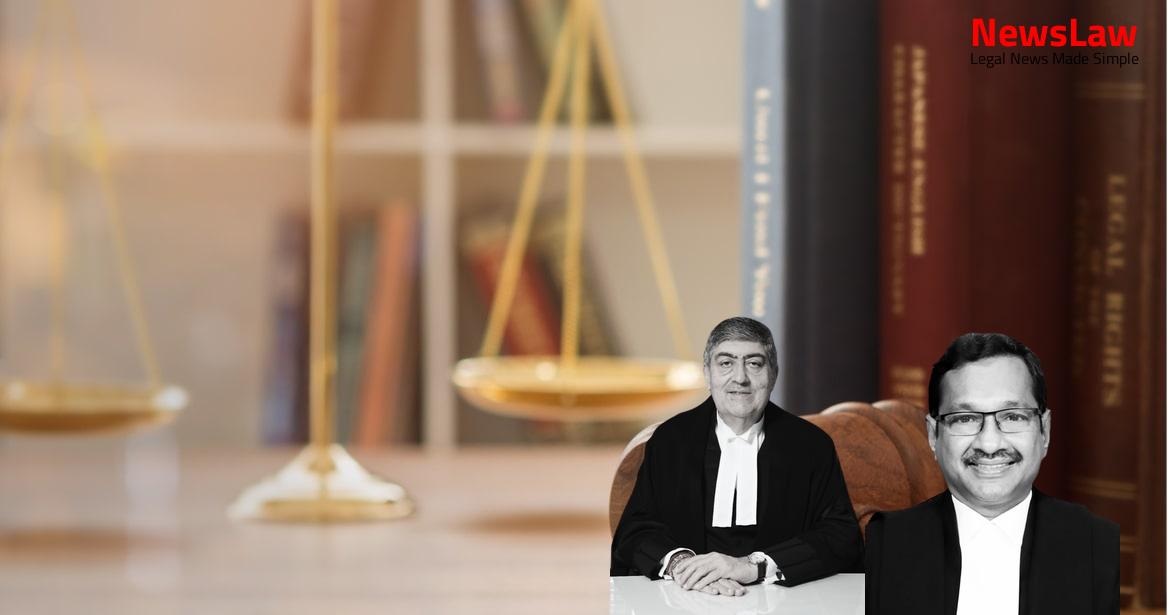It is their say that such designation has created a class of Advocates with special rights, 1 11 and the same has been seen as a result only for kith and kin of Judges, Senior Advocates, politicians, Ministers, etc., resulting in the legal industry being monopolised by a small group of designated Advocates, leaving the vast majority of meritorious law practitioners as ordinary plebians receiving discriminatory treatment. We may here add that there have been further modifications and formulations for designation by a subsequent judgment rendered in Indira Jaisingh vs Supreme Court of India, Through Secretary General & Ors. Petitioner no.1, while lauding the objective behind the said Act, seeks to challenge the provisions of Sections 16 and 23(5) of the said Act, which is stated to have been ‘ unwittingly’ incorporated and is stated to be destroying the laudable purpose of the said Act, i.e., a single unified Bar for the entire republic of India. He goes as far as to say that the lawyers have lost faith in the system of merit, character, knowledge and uprightness but realised that only a title conferred by the Court as Senior Advocate alone can bring prosperity and success in the profession. In fact, during the course of arguments, petitioner no.1 sought to submit that the petition filed for judicial transparency and reforms by an NGO sought to hijack the proceedings initiated by the petitioner. (4) An advocate of the Supreme Court who was a senior advocate of that Court immediately before the appointed day shall, for the purposes of this section, be deemed to be a senior advocate: [Provided that where any such senior advocate makes an application before the 31st December, 1965, to the Bar Council maintaining the roll in which his name has been entered that he does not desire to continue as a senior advocate, the Bar Council may grant the application and the roll shall be altered accordingly.] There are multifarious prayers seeking to strike down the provisions mentioned aforesaid of the said Act and to declare the judgment in Indira Jaising case as unconstitutional as also the relevant Supreme Court Rules as they seek to provide an unjust classification including robes. Petitioner No.1 obviously crossed boundaries where the Court was compelled to take action under the Contempt of Courts Act, 1971 and debar petitioner No.1 from practicing in this Court. Suffice to say that the constitutional validity of a specific provision cannot be challenged in abstract, but when the provisions violate any fundamental rights guaranteed under Part III or contravenes any provision of the Constitution, or the legislature lacks law-making competence. [(1996) 3 SCC 709] this Court has opined that except the above two grounds there is no third ground on the basis of which the law made by the competent legislature can be invalidated and that the ground of invalidation must necessarily fall within the four corners of the aforementioned two grounds.” 15. It is now well settled by a catena of decisions of this Court that a particular classification is proper if it is based on reason and not purely arbitrary, caprice or vindictive. A lot of advocates prefer to remain as an Advocate-on-Record or advocates in the High Court and District Courts as the designation as Senior Advocate carries many inhibitions in the role that they can perform, i.e., they have to appear with an instructing counsel, not draft and file pleadings, and not deal with the litigants, etc.
Thus, the classification of advocates and the mechanism to grant seniority to advocates is not based on any arbitrary, artificial or evasive grounds. This rule is based on the assumption, judicially recognised and accepted, that the legislature understands and correctly appreciates the needs of its own people, its laws are directed to problems made manifest by experience and its discrimination are based on adequate grounds. If one may say the indulgence to the junior members of the Bar, in a sense, is more than to the senior members because it is also part of the duty of the Bench to help with the evolution of the Bar. [Sanjay Kishan Kaul]……………………………… J.



